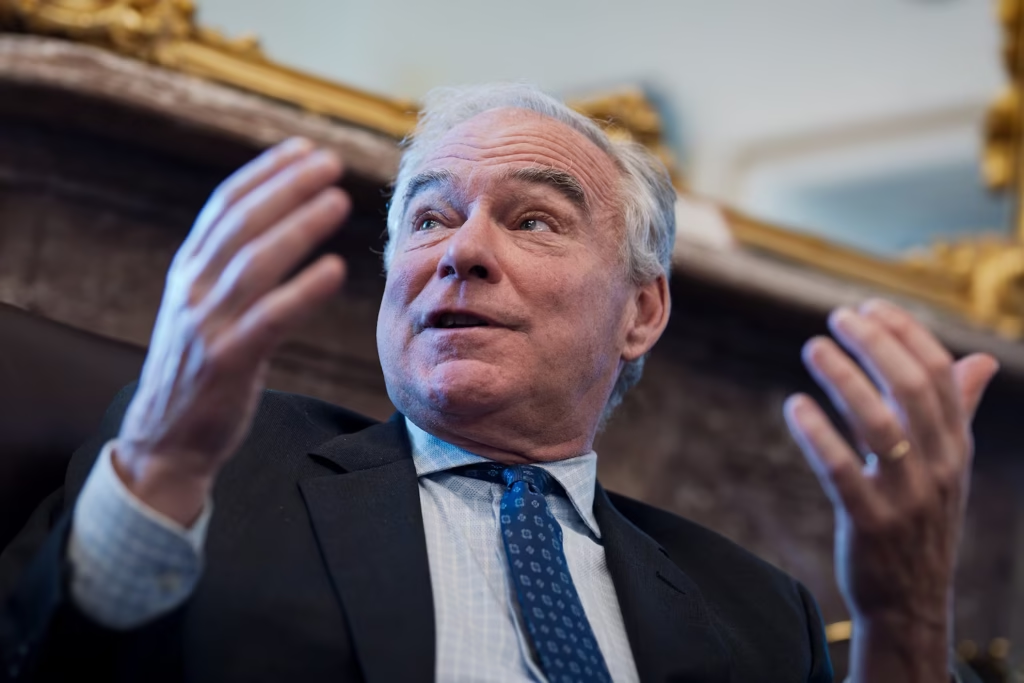The United States Senate voted 52‑48 to rescind high tariffs on Brazilian imports, including coffee and beef. Five Republicans joined all Democrats in supporting the measure, signaling rare bipartisan agreement on trade policy.
The tariffs, first introduced during the Trump administration, had imposed steep duties on Brazilian goods. Critics argued that the tariffs raised costs for American consumers and disrupted trade with a key South American partner.
Supporters say ending the tariffs could lower prices on imported products like coffee and beef, providing immediate benefits to households and businesses. The measure also aims to strengthen economic ties between the U.S. and Brazil.
The vote reflects growing bipartisan consensus on the importance of open trade. Lawmakers emphasized that the resolution focuses on economic growth and consumer relief, rather than political disputes.
While the Senate approved the measure, it still needs to pass the House of Representatives. Analysts say the House vote will be closely watched, as it could test the willingness of lawmakers to override previous protectionist policies.
Some Republican senators noted that the tariffs were economically restrictive and hurt U.S. competitiveness. They cited the benefits of lowering import duties and encouraging trade with Brazil as reasons for their support.
The Senate action comes after years of debate over trade policy and tariffs. Businesses importing Brazilian goods have long argued that high duties increase costs, limit availability, and strain supply chains. Rescinding the tariffs could improve these conditions.
Economists suggest that ending the tariffs may also encourage further investment and trade cooperation between the U.S. and Brazil. Both countries could see growth in sectors like agriculture, manufacturing, and consumer goods.
The bipartisan vote highlights that Congress can act when economic benefits are clear. Observers say that easing tariffs may serve as a model for addressing other international trade disputes, particularly those that directly affect consumers.
Brazilian officials welcomed the Senate decision, calling it a positive step toward stronger bilateral trade relations. The measure could pave the way for additional negotiations on trade, investment, and regulatory cooperation.
For American consumers, the repeal of tariffs may result in more affordable everyday goods. It also underscores the potential of Congress to work across party lines to advance economic policies that benefit citizens.
The resolution marks one of the few recent examples of bipartisan cooperation on trade. Lawmakers and analysts note that such collaboration can restore confidence in the U.S. approach to international commerce and encourage global partnerships.
If the House approves the measure, the tariffs could be lifted within months, reversing years of high duties and signaling a new era in U.S.-Brazil trade relations.


